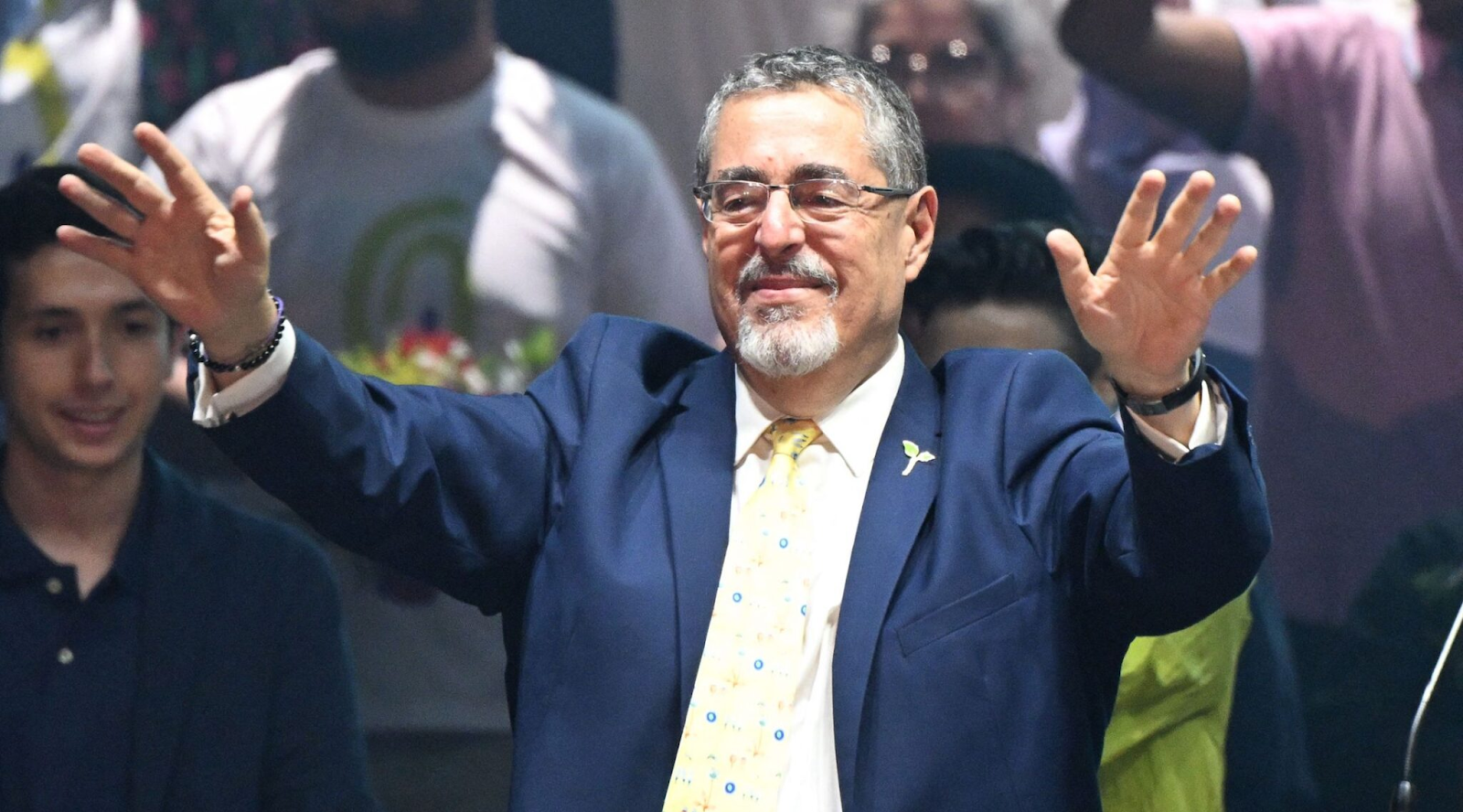Special Counsel David Weiss - the top investigator into Hunter Biden's criminal case - did not plan to charge the president's son with any crimes until after two IRS whistleblowers came forward.
It was only until after the IRS agents accused the Department of Justice of improper influence in the federal investigation into Hunter that Weiss decided to charge Hunter with tax crimes, according to correspondence obtained by the New York Times.
Attorneys for the whistleblowers said that if it weren’t for their 'courageous actions' Hunter would never have been charged at all.
According to the New York Times, four years into Weiss' five-year investigation, Weiss determined he did not have enough evidence to charge the president's son.
During negotiations with Hunter's lawyers earlier this year, Weiss reportedly was working on a deal where Hunter would not have to plead guilty to any charges at all - including misdemeanors.
At the same time, whistleblower Gary Shapley came forward and alleged that DOJ in Washington, D.C., and California had refused to indict Hunter due to 'political pressures' and the president's son received 'special treatment.'
And only a few days later, Weiss then changed his tune and wanted Hunter to plead guilty to two misdemeanor tax charges, according to the New York Times.
That was the plan, until the deal blew up spectacularly in court last month.
Hunter appeared in federal court on July 26 prepared to plead guilty to two misdemeanor tax charges and walk away with just a slap on the wrist and no prison time. Republicans slammed as a 'sweetheart deal' that Biden's DOJ put together to protect the president's son.
However, after Judge Maryellen Noreika questioned the 'diversion agreement' of Hunter's plea deal - a clause that gave him blanket immunity for a wide range of other potential charges, including illegal foreign lobbying - the deal blew up spectacularly.
Noreika dismissed the charges in Delaware after requests from the prosecution last week.
In addition, Attorney General Merrick Garland promoted Delaware U.S. Attorney David Weiss - the main Hunter prosecutor - to special counsel status earlier this month.
As a result, DOJ lawyers are not planning to enter into a new plea deal with the president's son anytime soon, and he is likely to head to trial for tax and gun crimes following the appointment of the special counsel.
Hunter's attorney Abbe Lowell slammed prosecutors for changing their decision 'on the fly standing up in court' and also pledged that the DOJ will find 'no new evidence' against the president's son.
Garland's decision to promote Weiss to special counsel comes after recent whistleblower allegations that Hunter received 'special treatment' during the criminal probe.
IRS agents Joe Ziegler and Gary Shapley testified under oath to House Republicans that their investigation 'supported felony and misdemeanor tax charges,' which were ultimately not brought against the president's son Hunter due to political pressures.
Weiss tried to bring felony charges against him in Washington, D.C., they said, but was blocked by the district's top federal prosecutor Matthew Graves, a Biden appointee.
over, said the whistleblowers who were told they would get in 'hot water' if they tried to speak with President Joe Biden's adult children and grandchildren over the course of their investigation.
The collapse of Hunter Biden's original plea deal also presents more problems for his father, Joe Biden. The president will now face more headlines and questions involving his drug-addict son's case as he hits the 2024 campaign trail.
The unraveling of the agreement between prosecutors and the defense team means Hunter could now face more charges. It also means that Hunter is likely to face additional prosecutions down the road.
Those may include any crimes related to his business deals with Ukraine, Romania and China that raked in millions of dollars.
And Republicans say Joe was at the center of them.
The White House has maintained that the president has never been 'in business' with his son.


















